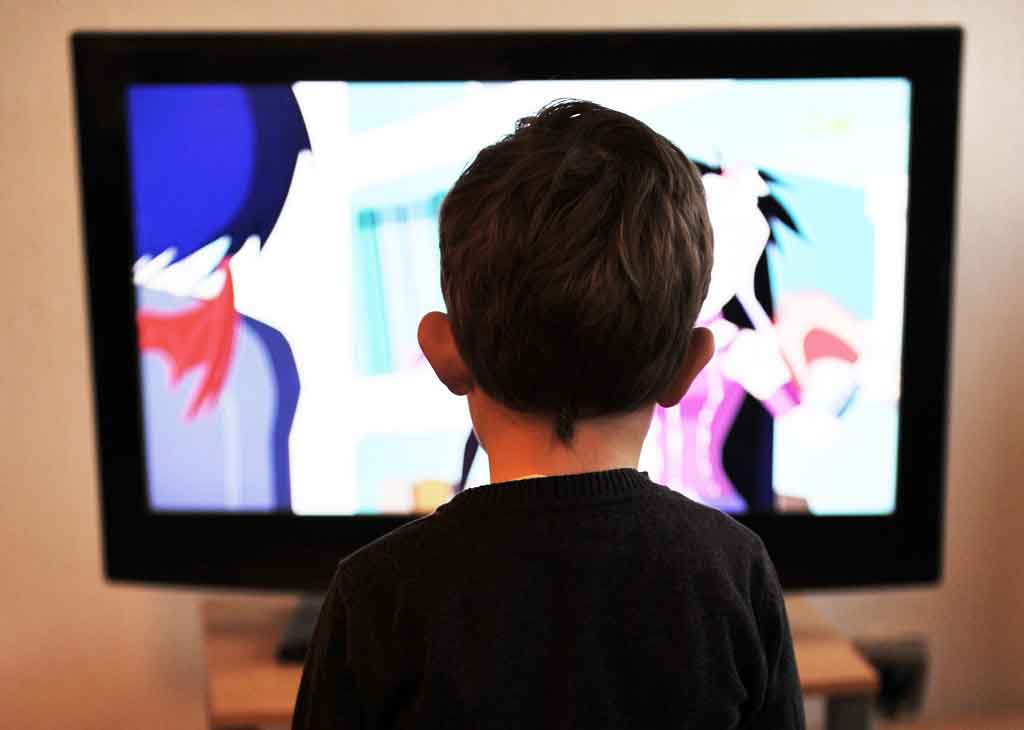First-time mothers 'lose an hour's sleep a night' after childbirth
Pregnancy and child

New parents face up to six years of sleep deprivation. In a new study, researchers carried out annual interviews with 4,659 people who had a child during the 8-year study period.
"New parents face up to six years of sleep deprivation," warns The Guardian.
In a new study, researchers carried out annual interviews with 4,659 people who had a child during the 8-year study period. They were asked how long they slept each night and how satisfied they were with their sleep.
Women and men both reported drops in sleep length and quality after the birth of their first child. Neither parent's sleep went back to pre-pregnancy levels 4 to 6 years after giving birth.
The difference from pre-pregnancy sleep was most apparent 3 months after giving birth, when women reported sleep shorter by an average 62 minutes, and men by 13 minutes. The researchers said factors such as age, wealth and single parenthood did not make any difference to parents' sleep time or satisfaction.
Breastfeeding did affect women's sleep. Breastfeeding women slept on average 14 minutes less than women who didn't breastfeed.
Disrupted sleep is a common problem when people become parents, especially when babies are young and cry at night. There are some things you can try to help soothe your baby when they're crying.
Where did the story come from?
The researchers who carried out the study came from the German Institute for Economic Research, University of Warwick in the UK and West Virginia University in the US. The funding of the study was not reported. It was published in the peer-reviewed journal Sleep.
The Guardian published an accurate and balanced report of the study.
What kind of research was this?
This was a cohort study. Studies of this type are useful for establishing how many people in a large group have a problem such as sleep deprivation, and what it is linked to. However, it cannot prove that one factor (childbirth) directly causes another (sleep disruption) as other factors may also be involved.
What did the research involve?
Researchers used data from a large population study that invites adults representative of the German population to take part in an annual survey.
The survey included 2 questions about sleep:
- how long people slept on average on a weekday and weekend
- how satisfied they were with their sleep, on a scale of 0 to 10 (where 0 is completely unsatisfied)
Researchers used results from 2,541 women and 2,118 men who reported the birth of a first, second or third child during the study period, 2008 to 2015.
Additional information gathered in the study included the family income, type of housing, whether the family included 1 or 2 parents, presence of other children and whether the mother breastfed.
Researchers looked at how sleep changed during pregnancy and then in the months and years after the child was born. They compared sleep after the birth of a child to the parents' pre-pregnancy sleep reports, separated into male and female parents. They then looked to see whether additional factors such as household income made a difference to the level of change in sleep length or satisfaction.
What were the basic results?
Before pregnancy, men and women reported similar sleep length of 7 hours 9 minutes (women) and 7 hours 11 minutes (men).
The biggest change in sleep came 3 months after the birth of a first child. Compared to pre-pregnancy sleep:
- women slept an average 62 minutes less, and scored 1.81 points lower on the 0 to 10 scale of sleep satisfaction
- men slept an average 13 minutes less, and scored 0.79 points lower
Women's sleep length and quality also declined after the birth of their second and third children, but not to the same extent. This may be because their sleep was already shorter and less satisfying after the first child. Men also had a drop in sleep length after their second and third child, although their sleep satisfaction was unaffected by the third child.
The changes to sleep seen after the first child were long-lasting. When the child was aged 4 to 6:
- women slept an average 22 minutes less than before pregnancy, and scored 0.95 points lower for sleep satisfaction
- men slept an average 14 minutes less, and scored 0.64 points lower
Only breastfeeding seemed to affect how long parents slept after the birth of a child (and only in women).
Breastfeeding women slept an average 14 minutes less than non-breastfeeding women. Being a single parent, being better off and being older made no difference.
How did the researchers interpret the results?
The researchers said the long-term changes in sleep patterns seen in the study were unexpected.
They said the differences between sleep changes in men and women "may be associated with the observation that mothers, including working women, spend more time on household and child rearing tasks compared with fathers".
They add that "advice and support should be routinely given to new parents preparing for childbirth, towards managing sleep expectations and to encourage them to take precautions to reduce risks from the effects of sleep fragmentation and deprivation".
Conclusion
It's no surprise that having children disrupts parents' sleep. However, it is surprising that the change is so long-lasting, with sleep not having recovered to pre-pregnancy levels 4 to 6 years later.
The study provides interesting information to quantify the amount of sleep loss parents experience, and how that changes over time.
It does have some limitations, mainly that the sleep information is based on self-report, not backed by technical measures. However, it would be very difficult to record sleep on a large population. The survey was only carried out annually, which might distort some data if sleep differs depending on the season of the survey. The breastfeeding information is limited because women were not asked whether they breastfed exclusively, or supplemented feeds with bottles.
If you're expecting a child, it makes sense to prepare for a certain amount of sleep disruption, especially in the first 3 months of the child's life. It may help to know that sleep does improve over time, even if parents don't completely return to pre-pregnancy sleep patterns.





 Subscribe
Subscribe Ask the doctor
Ask the doctor Rate this article
Rate this article Find products
Find products






